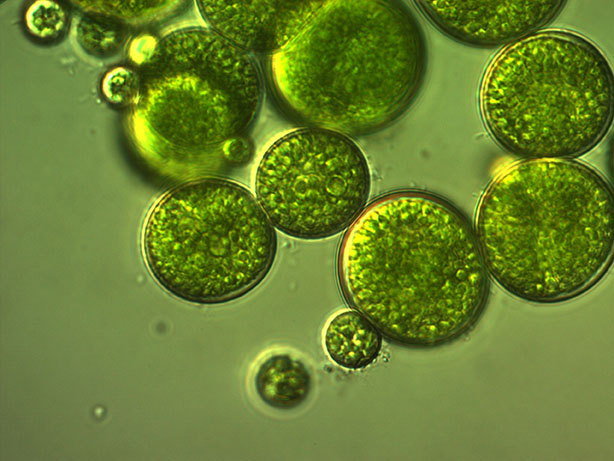
unicellular
Definition
A unicellular organism is an organism that consists of only one cell. Unicellular organisms are the simplest and most abundant forms of life on Earth.
All unicellular organisms have the same basic structures as multicellular organisms, such as a nucleus, cytoplasm, and cell membrane. However, the functions of these structures may be different in unicellular organisms. For example, the nucleus in a unicellular organism may contain all of the genetic material, while in a multicellular organism, the genetic material may be divided among different cells.
Unicellular organisms can reproduce by dividing in two, a process called binary fission. They can also reproduce by forming spores, which are reproductive cells that can survive in harsh conditions.
Unicellular organisms play an important role in the environment. They are a source of food for other organisms, and they help to recycle nutrients.
How can the word be used?
The amoeba is a unicellular organism that can move around.

Different forms of the word
Adjective:
- unicellular (consisting of a single cell).
- unicellular organism (an organism that consists of a single cell).
Noun:
- unicellularity (the state of being unicellular).
Etymology
The word "unicellular" comes from the Latin words "uni" (one) and "cellularis" (of or relating to a cell). The word "unicellular" was first used in the 19th century.
Question
What is a unicellular organism?
AQA Science Exam Question and Answer
Question:
Describe the characteristics and significance of unicellular organisms. Explain how unicellular organisms differ from multicellular organisms in terms of structure and function. Provide an example of a well-known unicellular organism and discuss its role in the ecosystem.
Answer:
Unicellular organisms are living entities composed of a single cell, representing a fundamental and diverse group in the biological world. Despite their simplicity, these microorganisms play significant roles in various ecosystems and processes.
Unicellular organisms exhibit a remarkable ability to perform essential life functions within a single cell. They possess all the necessary structures and organelles to carry out processes such as metabolism, growth, and reproduction. In contrast, multicellular organisms consist of multiple specialised cells working together to achieve these functions.
An example of a well-known unicellular organism is the bacterium Escherichia coli (E. coli). E. coli is commonly found in the intestines of humans and animals, where it aids in digestion and produces certain vitamins. However, certain strains can also cause illnesses. Unicellular organisms like E. coli play a crucial role in nutrient cycling and decomposition, helping to recycle nutrients back into the ecosystem.
Unicellular organisms have a significant impact on the environment and human health. They are used in biotechnology for various purposes, such as producing antibiotics, enzymes, and other useful compounds. Additionally, unicellular algae are vital components of aquatic food chains, contributing to the oxygen production and overall health of aquatic ecosystems.